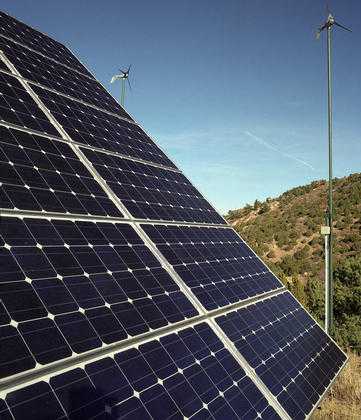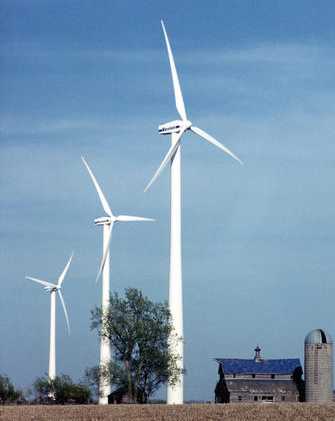on Markets, Policy, Investment, and Future Pathways
by Eric Martinot


|
Renewable Energy Information on Markets, Policy, Investment, and Future Pathways by Eric Martinot |
 |
 |
The city of Gwangju has a target to reduce greenhouse gas emissions by 20% by 2020 [baseline not stated]. Intermediate goals are an 8% reduction in energy demand by 2011 [baseline not stated], and renewble energy targets for 1% of energy supply by 2011 and 2% by 2020. The current share of renewables, in 2004, is 0.5%. The city anticipates solar heating and power will be key technologies. Gwangju receives the most sunlight of any Korean city. Collective-heat systems and other innovations in energy supply will accompany the demand-side and renewables investments. There are also public education programs, research on energy efficiency improvements, and technology R&D programs to develop the city's own industry towards solar and other clean energy. In 2004, policies promoting the use of solar energy were adopted.
Page updated December 1, 2004
Photo credits C. Babcock, W. Gretz and
DOE/NREL Photo Information Exchange